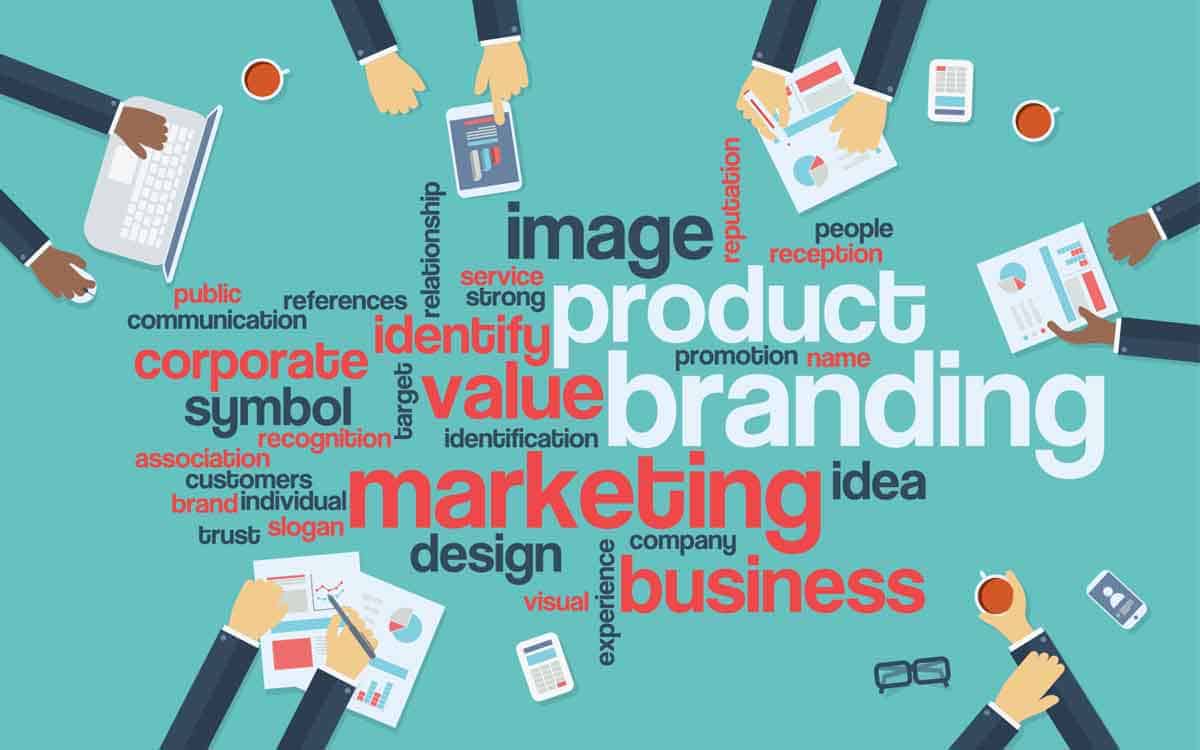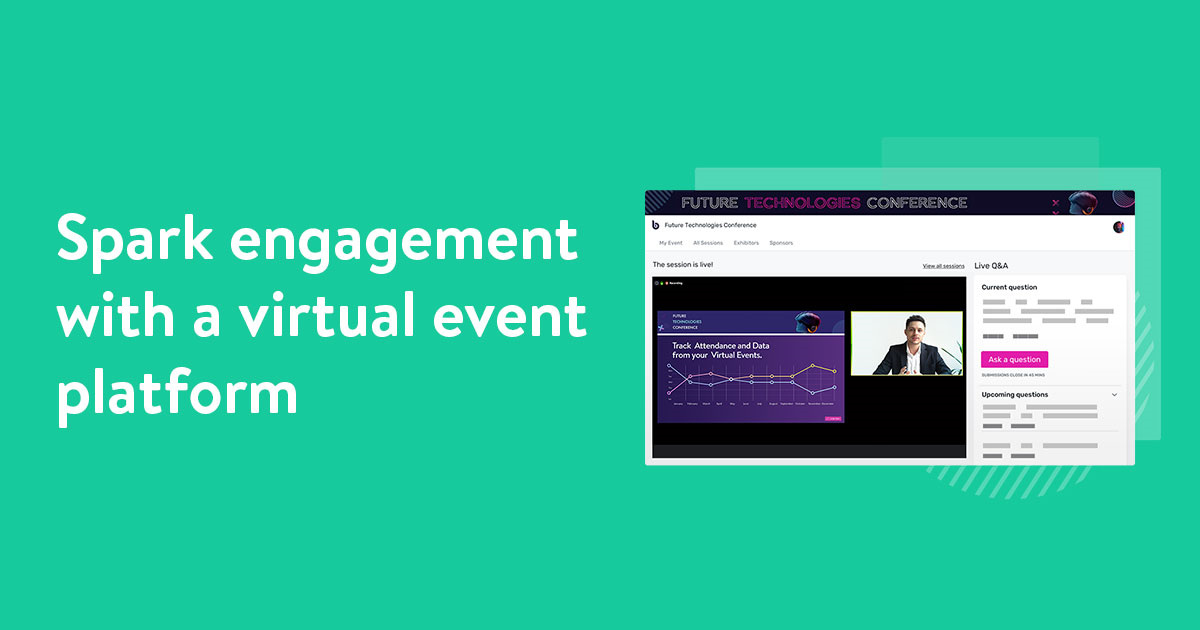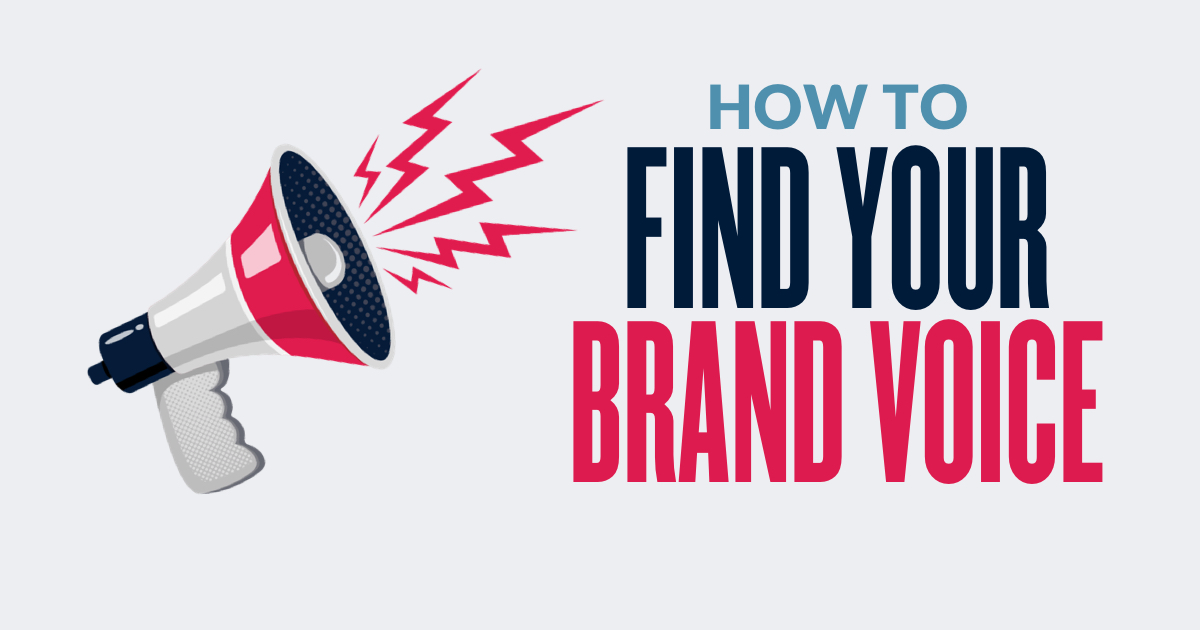
Unveil the untapped potential within, Can Career Fairs Provide Branding Opportunities?a dynamic avenue for catapulting your brand into the spotlight. Beyond the traditional recruitment sphere, these eventsare golden opportunities to cement your company's identity and stand out amidst competitors. Imagine not just finding top-notch talent but also leaving an indelible mark on potential candidates, showcasing your brand's values, culture, and aspirations.
At these fairs, your brand becomes a living entity a narrative conveyed through engaging interactions, eye-catching displays, and compelling conversations. Craft a memorable experience that echoes your brand essence, fostering meaningful connections with future employees and stakeholders alike. Amplify your presence through strategic brandingefforts at careerfairs, leaving an enduring imprint that lingers in the minds of attendees long after the event concludes.
What Is A Career Fair?
A career fair, also known as a job fair or career expo, is an event in which employers, recruiters, and schools give information to potential employees. Job seekers attend job fairs to speak face-to-face with potential employers, fill out resumes, and ask questions about the various positions available.
Job fairs are often held at convention centers, hotels, or college campuses. The primary purpose of career fairs is to connect employers with potential employees. Employers use career fairs to:
- Advertise open positions
- Screen candidates
- Build relationships with potential employees
7 Surefire Ways Can Career Fairs Provide Branding Opportunities

Career fairs are an excellent opportunity for companies to connect with potential candidates and build their brand. Here are seven surefire wayscareer fairs can provide branding opportunitiesfor your company:
1. Create A Strong First Impression With A Memorable Booth
Your booth is your company's face at the career fair, so make sure it stands out from the crowd. Use eye-catching signage, colorful graphics, and interactive elements to attract attention. And don't forget to keep your booth clean and organized.
2. Highlight Your Company's Culture And Values
Potential candidates are looking for companies that align with their values and where they feel like they can belong. Make sure your booth reflects your company's culture and values. Share stories about your employees, showcase your company's mission and vision, and highlight any awards or recognition you've received.
3. Engage With Attendees And Make Connections
Career fairs are a great opportunity to meet potential candidates face-to-face. Take the time to talk to attendees about their interests and qualifications. Ask them questions about themselves and their goals, and share information about your company and the open positions you have available.
4. Collect Business Cards And Follow Up After The Fair
Make sure to collect businesscards from potential candidates so you can follow up with them after the fair. Send personalized emails or LinkedIn messages to express your interest in their candidacy and schedule interviews.
5. Offer Freebies And Giveaways
Everyone loves free stuff, so offering branded giveaways is a great way to attract attention and generate interest in your company. Consider handing out pens, notepads, or other branded items that potential candidates will find useful.
6. Participate In Panel Discussions Or Workshops
If you're a company leader or expert in your field, consider participating in panel discussions or workshops at the career fair. This is a great way to share your knowledge and insights with potential candidates and establish yourself as a thought leader in your industry.
7. Sponsor The Career Fair
Sponsoring the career fair is a great way to get your company's name out there and reach a large audience of potential candidates. Sponsor levels typically come with a variety of benefits, such as increased booth visibility, brandingopportunities on marketing materials, and access to VIP events.
Why Do Online Career Fairs Matter?
Online career fairs have become increasingly popular in recent years, and for good reason. They offer a number of advantages over traditional in-person career fairs, both for employers and job seekers.
Benefits For Employers
- Increased reach -Online career fairs can attract attendees from a much wider geographic area than traditional in-person career fairs. This allows employers to tap into a larger pool of potential candidates, including those who are not located near their company headquarters.
- Reduced costs -Online career fairs are typically much less expensive to host than traditional in-person career fairs. There are no travel or accommodation costs for employers, and there is no need to rent a physical space.
- Improved candidate screening -Online career fairs often use technology to help employers screen candidates. For example, employers may be able to use video chat to interview candidates, or they may be able to ask candidates to complete online assessments.
- Real-time data and analytics -Online career fairs provide employers with access to real-time data and analytics. This information can be used to track the number of attendees, the number of resumes collected, and the number of interviews scheduled.
Benefits For Job Seekers
- Convenience -Online career fairs can be attended from anywhere, at any time. This makes them a convenient option for job seekers who are unable to attend a traditional in-person career fair.
- Access to more employers -Online career fairs often feature a larger number of employers than traditional in-person career fairs. This gives job seekers more opportunities to network with potential employers.
- Ability to learn more about employers -Online career fairs often provide job seekers with access to a wealth of information about employers, such as company videos, brochures, and employee testimonials.
- Opportunity to practice interviewing skills -Online career fairs often offer job seekers the opportunity to practice their interviewing skills with virtual recruiters.
Leveraging Career Fairs For Branding Success
Career fairs are a great opportunity for companies to connect with potential candidates and build their brand. Here are some tips for leveraging career fairs for brandingsuccess:
- Create a strong first impression with a memorable booth.
- Highlight your company's culture and values.
- Engage with attendees and make connections.
- Collect businesscards and follow up after the fair.
- Offer freebies and giveaways.
- Participate in panel discussions or workshops.
- Sponsor the career fair.
Here are some examples of how companies have successfully leveraged career fairs for branding success:
- Google -uses career fairs to attract top engineering talent. The company has a strong presence at major techconferences and career fairs, and it offers a variety of programs and initiatives to attract and retain early-career engineers.
- Nike- uses career fairs to promote its brand and culture. The company has a strong presence at college career fairs, and it often uses these events to engage with potential candidates and share its commitment to diversity and inclusion.
- Microsoft -uses career fairs to build relationships with students and alumni. The company has a strong presence at career fairs for historically black colleges and universities (HBCUs) and Hispanic-serving institutions (HSIs), and it uses these events to connect with potential candidates and build relationships with these institutions.
Partner With A Competent Virtual Events Platform Provider
Partnering with a competent virtual events platform provider can bring numerous benefits to your organization, enabling you to host seamless, engaging, and impactful virtual events. Here are some of the key advantages of teaming up with a reliable platform provider:
Expertise And Technology
Virtual events platform providers possess extensive knowledge and expertise in the field, ensuring that your events are well-structured, technically sound, and flawlessly executed. They offer advanced technology that supports a wide range of virtual event features, including live streaming, interactive sessions, networking opportunities, and data analytics.
Scalability And Flexibility
Virtual events platform providers cater to diverse event scales, from small webinars to large-scale conferences. They offer flexible solutions that can accommodate various event formats, including keynote presentations, panel discussions, breakout sessions, and virtual exhibitions.
Enhanced Audience Engagement
Virtual events platform providers offer tools and features that enhance audience engagement, fostering interaction and participation throughout the event. They enable real-time Q&A sessions, live polls and surveys, virtual networking lounges, and gamificationelements.
Streamlined Event Management
Virtual events platform providers simplify event management, providing a centralized hub for planning, organizing, and executing your event. They offer tools for registration, ticketing, attendee management, contentmanagement, and event analytics.
Cost-Effectiveness And Resource Optimization
Partnering with a virtual events platform provider can be cost-effective, as it eliminates the need to invest in expensive in-house infrastructure and personnel. They provide a comprehensive solution that streamlines resource allocation and reduces operational costs.
Brand Consistency And Customization
Virtual events platform providers enable you to maintain brand consistency throughout your event, incorporating your branding elements into the platform's design and user interface. They also offer customization options to tailor the event experience to your specific needs and target audience.
Data-Driven Insights And Reporting
Virtual events platform providers provide comprehensive data analytics that provide valuable insights into attendee behavior, engagement levels, and event performance. These insights can inform future event strategies and improve the overall event experience.
Continuous Support And Expertise
Virtual events platform providers offer ongoing support and expertise throughout the event cycle, from planning and setup to execution and post-event analysis. They provide dedicated account managers, technical support, and training resources to ensure a smooth and successful event.
Identifying Your Brand's Voice And Message
Identifying your brand's voice and message is crucial for building a strong and recognizable brand identity. Your brand's voice is the personality that comes through in your communications, while your brand's message is the core idea or value that you want to convey to your audience.
1. Defining Your Brand's Voice
Your brand's voice should be consistent across all of your communication channels, including your website, social media, emails, and advertising. It should be authentic, reflect your brand's personality, and resonate with your target audience.
Here are some questions to consider when defining your brand's voice:
- What is the personality of your brand?
- How do you want your brand to make people feel?
- What kind of language do you want to use?
- What tone do you want to strike?
2. Crafting Your Brand's Message
Your brand's message is the overarching idea or value that you want to convey to your audience. It should be clear, concise, and memorable.
Here are some questions to consider when crafting your brand's message:
- What is your brand's unique value proposition?
- What problem does your brand solve?
- What benefit does your brand offer?
Aligning Your Voice And Message
Your brand's voice and message should be aligned to create a cohesive brand identity. Your voice should complement your message and vice versa.
Here are some tips for aligning your brand's voice and message:
- Use your brand's voice to communicate your brand's message.
- Make sure that your brand's voice and message are consistent across all of your communication channels.
- Test your brand's voice and message with your target audience to make sure that they resonate.
By taking the time to define your brand's voice and message, you can create a strong and recognizable brand identity that will help you connect with your target audience and achieve your business goals.
Here are some examples of companies with strong brand voices and messages:
- Apple -Apple's brand voice is minimalist, elegant, and sophisticated. Its brand message is that its products are innovative and designed to make people's lives easier.
- Nike -Nike's brand voice is empowering and motivational. Its brand message is that its products can help people achieve their athletic goals.
- Coca-Cola -Coca-Cola's brand voice is nostalgic and cheerful. Its brand message is that its products are a symbol of happiness and togetherness.
Can Career Fairs Provide Branding Opportunities - FAQ's
How Do You Develop Employer Branding?
- Audit Your Brand.
- Have Policies in Line With Values.
- Ask For and Encourage Employee Feedback.
- Act on Employee Feedback.
- Know Your Employer Value Proposition(EVP)
- Create a Positive Hiring Process.
- Have a Meaningful Onboarding Experience.
- Use Social Media for Brand Promotion.
Is Employer Branding Marketing Or HR?
Employer branding is not a duty of marketing or HR. Both functions have the skills and capabilities to deliver certain elements of the employer brand and they should work together to create a unified strategy. Marketing and HR also need to work together to get a third integral element in place - a company's CEO.
What Is The Future Of Branding 2023?
The humanization of brands, infusing them with relatable, authentic human traits, is a rising trend set to dominate 2023. And we're not talking about mascots or a persona, instead, it's about embodying your brand as an entity that shares common values and emotions with its audience.
How Does Branding Attract Talent?
Employer Brand Differentiation. Demonstrate your commitment to diversity, inclusion, and social responsibility. Differentiating yourself in the market helps attract top talent who are looking for organizations that align with their values and aspirations.
Conclusion
Career fairs undeniably present a fertile ground for brands to cultivate their identity, extend their reach, and forge meaningful connections beyond the realms of traditional recruitment. These events, often viewed solely through the lens of talent acquisition, reveal an untapped potential for companies to solidify their brand image and values in the minds of potential candidates.
Moreover, the success stories of brands leveraging career fairs for branding not only highlight the efficacy of these events but also underscore the need for a strategic approach. From designing engaging booth experiences to fostering genuine person-to-person interactions, the key lies in integrating brand messaging seamlessly into the fabric of these events. As the landscape of recruitment continues to evolve, companies that recognize and harness the branding potential within career fairs.

